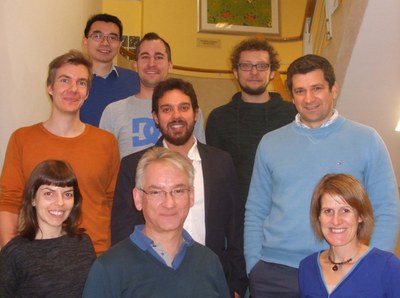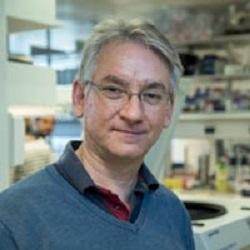Mechanisms of ribosome assembly
General audience summary:
The origins of inherited and acquired forms of blood cancer have recently been linked to defects in so-called 'housekeeping' processes in our cells, specifically in the assembly of the machines (called ribosomes) that make proteins. A major focus of our work is to understand in detail how ribosomes are put together from their component parts. To do this, we are learning about the three-dimensional shape of some of the key proteins involved and how these proteins work together in large complexes. As well as experiments in the test tube, we also use model organisms such as yeast and flies to test the effects of manipulating ribosome assembly in living organisms. The fundamental insights that we hope to obtain will potentially provide a deeper understanding of disease mechanisms.
Strategic CIMR themes: Organelle Biology, Rare Genetic Diseases
Funding: Bloodwise, Medical Research Council, National Institute of Health Research
Research Group members: Zakaria Boukerrou, Alexandre Faille, Jacob Gordon, Vassileios Kargas, Maxim Rossman, Aurora Siniscalchi, Shengjiang Tan, David Traynor



